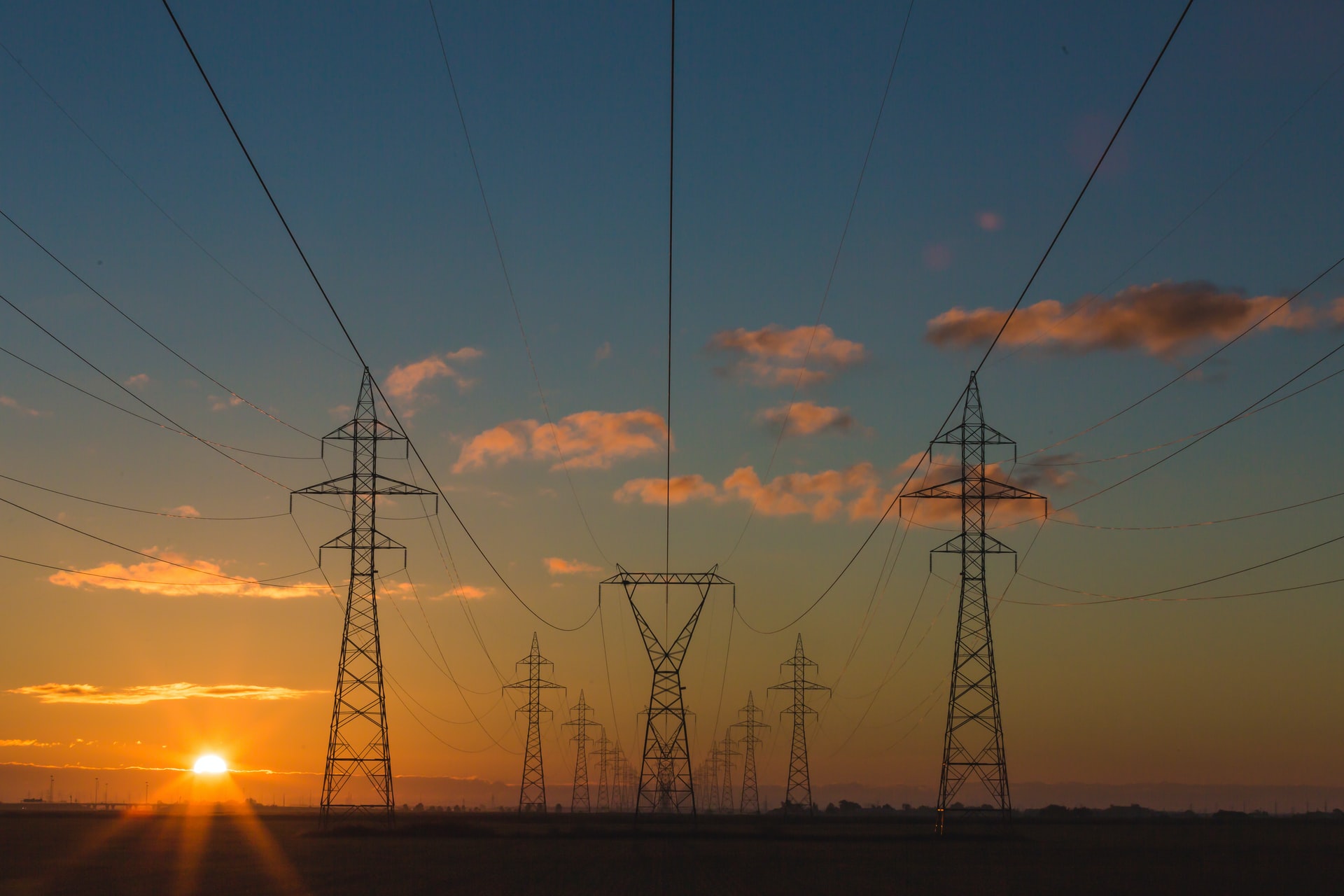Bulb has been in the news for the past few weeks, since the energy market crisis hit the company hard and it ended up seeking a bailout. Bulb has around 1.7 million customers and made £63 million in losses in the year to 31 March 2020. The 6th biggest energy provider announced in September that they are hoping to be backed up by an investment bank in order to stabilise and survive the market crisis.
With the record high gas prices, many providers are struggling to continue providing their services as it becomes financially unsustainable for them to keep on working. Thirteen energy companies have already gone bust and many more are expected to follow this path. Although Bulb is considered to be one of the biggest providers, it has been struggling too and there have been many speculations about the future of the company. Currently, the company has stopped registering new customers, while its current ones have been complaining about the insane prices they are paying for energy.
Customers of Bulb paying up to 80% more for energy
Clients of Bulb went on social media to complain about the prices they have been paying for gas and electricity in the past weeks. The bills have increased by up to 80% and customers are starting to wonder if this has something to do with the financial instability of the company. On Twitter, people have reported that Bulb is forcing them to pay at these rates even though they are hundreds of pounds in credit to the supplier.
Bulb defended itself by saying that they are not trying to use customers as a bank and explained that it was a normal practice for an energy provider to review what people paid and make sure their accounts were healthy as winter approached.
Earlier in August, the supplier announced that with the new and increased Price Cap, which went into effect in October, their tariffs will also go up to match the change. Although Bulb claims to offer 100% renewable electricity and 100% carbon neutral gas, this has not helped the supplier to stay away from the increasing fossil fuel costs.
A spokesperson of Bulb said: “Every year as we head into winter, we contact our members to give them an update on their account and make sure it’s healthy, as people tend to use more energy during the colder months. We’re doing that as usual this year, and will work with our members to make sure their payments are right for them.”
What are the potential options for funding of Bulb?
Since Bulb is seeking a bailout, there are a few options in front of the company to stabilise its financial situation. On one hand, Bulb can be supported by investors with a cash injection. On the other hand, Bulb can be acquired by a rival company. Octopus Energy and Ovo are considered to be potential candidates. There is also the possibility of receiving government help in the form of loans, which will be created for companies that are struggling due to the energy market crisis.
Is Octopus Energy bidding for Bulb?
After Bulb announced seeking a bailout, speculations flooded the Internet and the competitor Octopus Energy was named a candidate to bid for Bulb. What is similar between the two providers is that they claim to source their customers with 100% renewable electricity from solar, wind and hydro energy. If Octopus acquires Bulb, the energy market will have another big player with 5 million customers, and a stronger competition of the biggest companies, such as British Gas.
A spokesperson of Bulb refused to give any comment about the speculations, by saying: “From time to time we explore various opportunities to fund our business plans and further our mission to lower bills and lower CO2. Like everyone in the industry, we’re monitoring wholesale prices and their impact on our business.”
Ovo Energy prepares to bid for Bulb
The energy company Ovo, has shown a serious interest in acquiring Bulb and is reportedly preparing a bid for its rival. Ovo Energy was founded 12 years ago by the former City trader Stephen Fitzpatrick, and has become one of the serious players in the British energy market.
Last year, the company successfully acquired the provider SSE and seems now to be ready for another big move. A deal with Bulb will add 1.7 million customers to Ovo’s 4.5 million client base. This will create the number two leading provider behind Centrica’s British Gas. The offer to Bulb will be backed up by Mitsubishi, Ovo’s biggest shareholder.
Are customers of Bulb at risk?
Although Bulb has been experiencing financial difficulties, it is still able to provide electricity to its customers. If another supplier acquires Bulb, you will still have access to gas and electricity. However, you have to be prepared to experience changes in tariffs that the new supplier might impose.
What if Bulb goes bust?
If Bulb goes bust, you will still be provided with gas and electricity. Ofgem will quickly transition you to another supplier and you will be contacted with further information and instructions about your account, outstanding bills or credits.
If you are waiting to receive money back from your old supplier, you should not worry about this. The credit will be paid back by one of the two suppliers, depending on their agreement. If you are in debt to your previous supplier, you will be contacted with instructions on how to proceed and to which supplier you should pay back the outstanding amount. While waiting for them to contact you, you can take a note of your consumption and a meter reading for reference.
Should you switch to a more stable supplier?
You might be wondering if it is best to switch immediately to a new provider that is less affected by the energy crisis. As the situation is still unclear and is changing with every day, it is not known which suppliers will stay on the market and which will go bust.
Therefore, it is best to wait and see how the situation will develop and make a better informed decision. In case your supplier goes bust and you are transferred to another one, you will be put on a deemed contract by the supplier that Ofgem will appoint. Deemed contracts can be on a higher tariff and might not be the best available deal on the market. If you are not happy with this tariff, you can simply switch to another cheaper supplier, once the transfer is completed.







